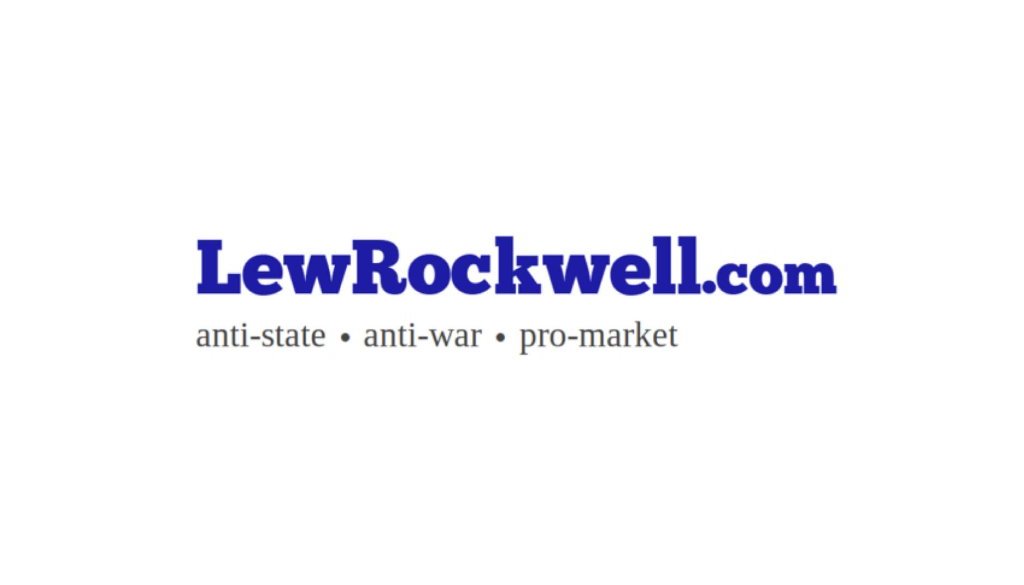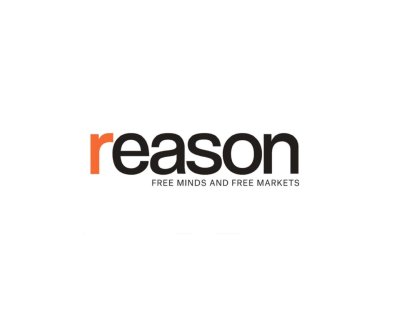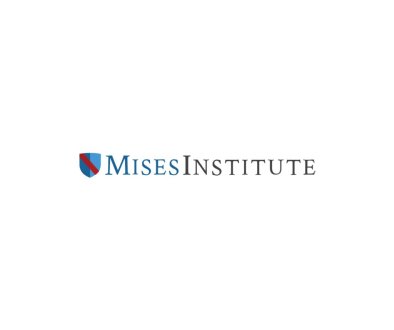Is the Federal Reserve a Private Bank? It Doesn’t Matter.
After many years of writing articles on the Federal Reserve and central banking, there is one thing I can always expect in the hours following the publication of an article about the Fed: a reader will send me an indignant email insisting that the Federal Reserve is a private organization and that this is very important.
Moreover, from the context of these messages it is apparent the authors believe that the alleged private nature of the Federal Reserve is a bad thing. It’s unclear, however, why a central bank that is private is any worse (or better) than a nationalized, government-owned central bank.
Thus, the pertinent question to ask on the matter is this: does it matter if a central bank is public or private? Experience shows that the answer is no. After all, the two quintessential private central banks of Europe—the Bank of England and the Bank of France—were focused on serving their de facto state masters from the very beginning, much like similar “public” central banks. The allegedly private Federal Reserve is no different.
What Makes a Central Bank Private?
In an unhampered market economy, ownership is the determining factor when it comes to whether or not an organization is “public” (i.e., government-owned) or private. When it comes to central banks in an interventionist economy, however, things are much more murky. Generally, central banks are considered private if their de jure owners are private-sector individuals or organizations.
In the world of central banks, however, ownership and control are entirely separate, and private ownership rarely denotes private control.1 Rather, most “private” central banks with private owners are controlled—either de facto or de jure—by policymakers answerable to state agencies, as with the Federal Reserve. This was also the case with the Bank of England and Bank of France before they were nationalized, in 1946 and 1945, respectively.
Several of the world’s major private banks today are still regarded as private, although this is usually based on a very loose standard of “privateness.” For example, the Bank of Japan is private, and the stock is publicly traded. But the government of Japan is the majority stockholder. Private stockholders are explicitly barred from setting the bank’s policies. So, there is some private ownership but no private control. Indeed, the Bank of Japan was reputedly modeled on Belgium’s private central bank in the nineteenth century. By statute, Belgium’s central bank is at least 50 percent owned by the state, and management is reserved to state appointees. The Swiss central bank follows a similar model with some private-sector shareholders and majority state ownership.
The Federal Reserve is less private than these other central banks. The stockholders of the Federal Reserve are the private member banks of the twelve regional Reserve Banks. But these shares are not traded on any stock market and US statutes dictate how much stock these member banks must own. This is hardly a matter of private investors buying up equity as would be in the case with normal ownership. The shareholders can’t simply dump their stocks if they disagree with management.
Moreover, the actual management of the Federal Reserve is heavily concentrated at the top, and very little control is exercised by the regional member Reserve Banks. While it is true that the member banks were far more involved in management before the 1930s, those days are long gone. Rather, the Fed’s policy in the modern world is determined by the Board of Governors and the Federal Open Market Committee. Both of these are government agencies whose composition and powers are determined by statute, not by any private owners.2
As with other private banks, the “owners” at the Federal Reserve exercise virtually no formal control over the governance of the Federal Reserve. Certainly, many large commercial banks exercise substantial influence over the central bank’s policymakers via political methods. This influence does not come from the member banks’ mandated ownership of shares, however. Commercial banks’ influence stems from the usual, old-fashioned lobbying and graft.
Is There Any Such Thing as a Truly Private Central Bank?
If our standard for defining a bank as private is based only on de jure ownership, then we can find man
Article from LewRockwell

LewRockwell.com is a libertarian website that publishes articles, essays, and blog posts advocating for minimal government, free markets, and individual liberty. The site was founded by Lew Rockwell, an American libertarian political commentator, activist, and former congressional staffer. The website often features content that is critical of mainstream politics, state intervention, and foreign policy, among other topics. It is a platform frequently used to disseminate Austrian economics, a school of economic thought that is popular among some libertarians.




